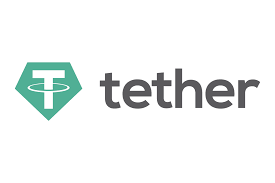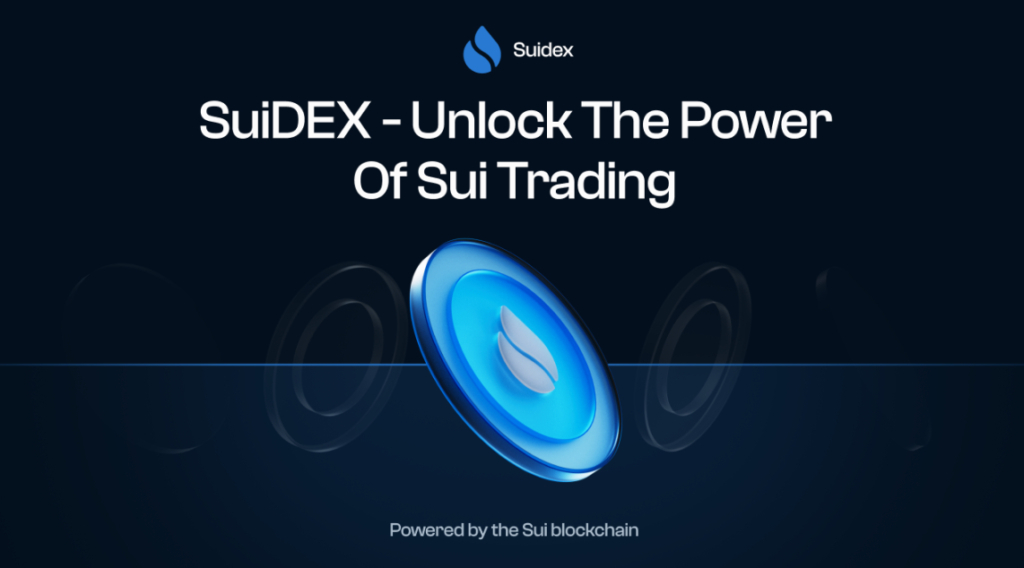Tether, the issuer behind the popular stablecoin Tether USDT, has blacklisted an address that drained Maximal Extractable Value (MEV) bots for $25 million last week.
The incident involved a rogue validator address that exploited a bug in the MEV-boost relay to outsmart the bots executing a sandwich trade. As a result, losses of nearly $25 million in various digital assets were incurred, making it the largest MEV exploit to date.
The USDT address held about $3 million in USDT at the time of blacklisting and a total of $21 million in various other ERC-20 tokens. The blacklisting drew pushback from the community for its censorship approach, with some calling it a “bad precedent.”
Critics argue that the MEV bots also take advantage of traders, and the sandwich trade they were trying to execute was as nefarious as the draining of their funds.
Arthur, an engineer at the Kraken crypto exchange, called the blacklisting “bullshit,” while another on-chain sleuth who goes by the Twitter name ZachXBT said that the move could be the result of a court order. Jordan Hagan, the co-founder of Fastlane Labs, called it the “most concerning DeFi development of 2023,” adding that the main issue is Tether’s willingness to block or unblock “large amounts based on activity in the consensus layer (Beacon Chain).”
Tether has defended its decision, stating that it has a responsibility to protect its users’ funds and to maintain the integrity of the USDT network. The incident has raised questions about the role of stablecoin issuers in DeFi, censorship, and the implications of blacklisting addresses.



